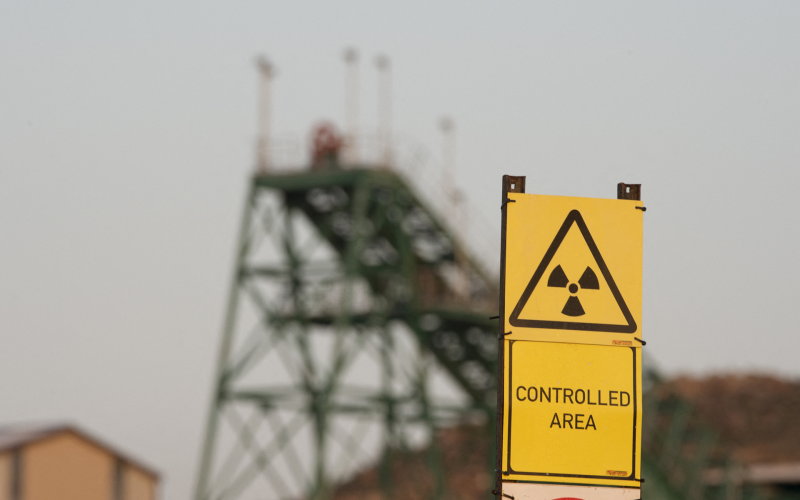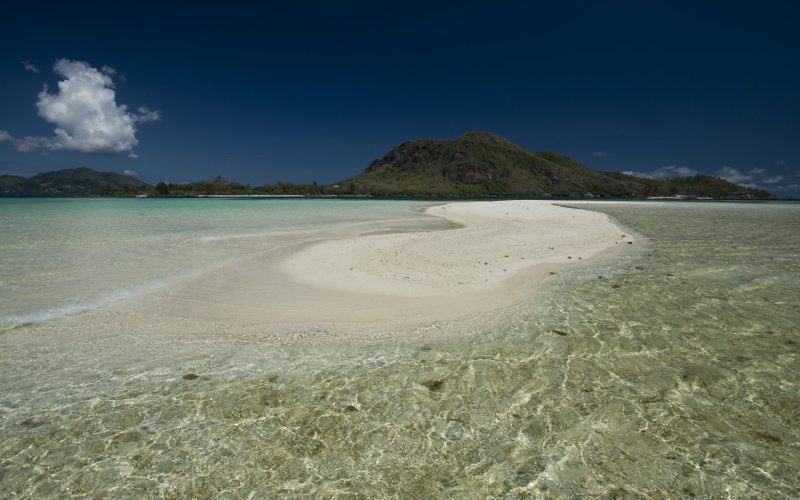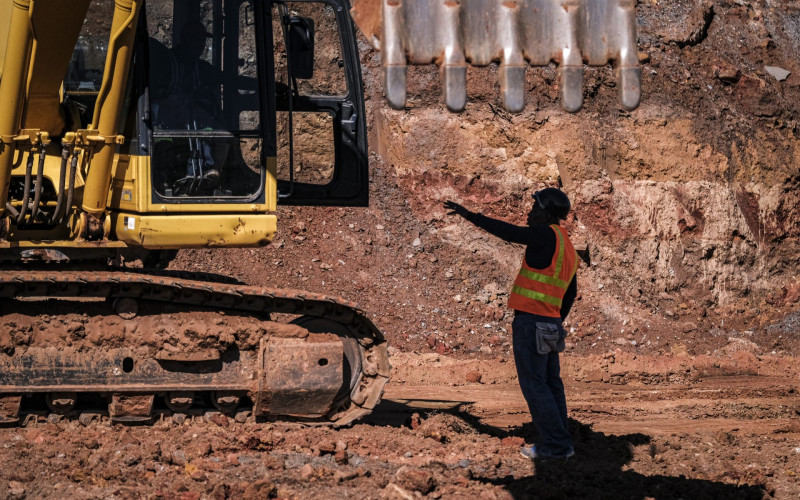The paper outlines weaknesses in the process, including the quality of the environmental impact assessments submitted for authorisation; compliance with the approved environmental management plans; and the lack of transparency and follow-up post-licensing. While some legislative recommendations will be made, the main purpose of this paper is to outline specific proposals on how to improve the quality of the environmental and social impact processes without resorting to additional legislative changes.
Given the need for greater capacity in governmental bodies, growing concern in Mozambican society over the lack of transparency and responsiveness of the large investment projects, and the need for the projects themselves to improve their social licence to operate, only a few mechanisms, if put in place, could almost immediately increase the quality of the environmental and social impact studies, increase society’s trust in those studies, broaden their scope to extend to the implementation phases, and help regulating ministries to build capacity.
It is argued that, taken together, the implementation of peer review systems for environmental and social assessments, the use of expert technical councils to accompany the implementation of both the assessment and the project itself, and the addition of biodiversity offsets to the current mitigation procedures, would mean a vast improvement in the quality, effectiveness and impact of Mozambique’s environmental licensing procedures. These improvements would create a win-win situation for companies, government, communities and civil society by, for example, nurturing the social licence to operate, minimising corporate and reputational risks, and adhering to a set of best practice requirements from companies’ financial investors.







